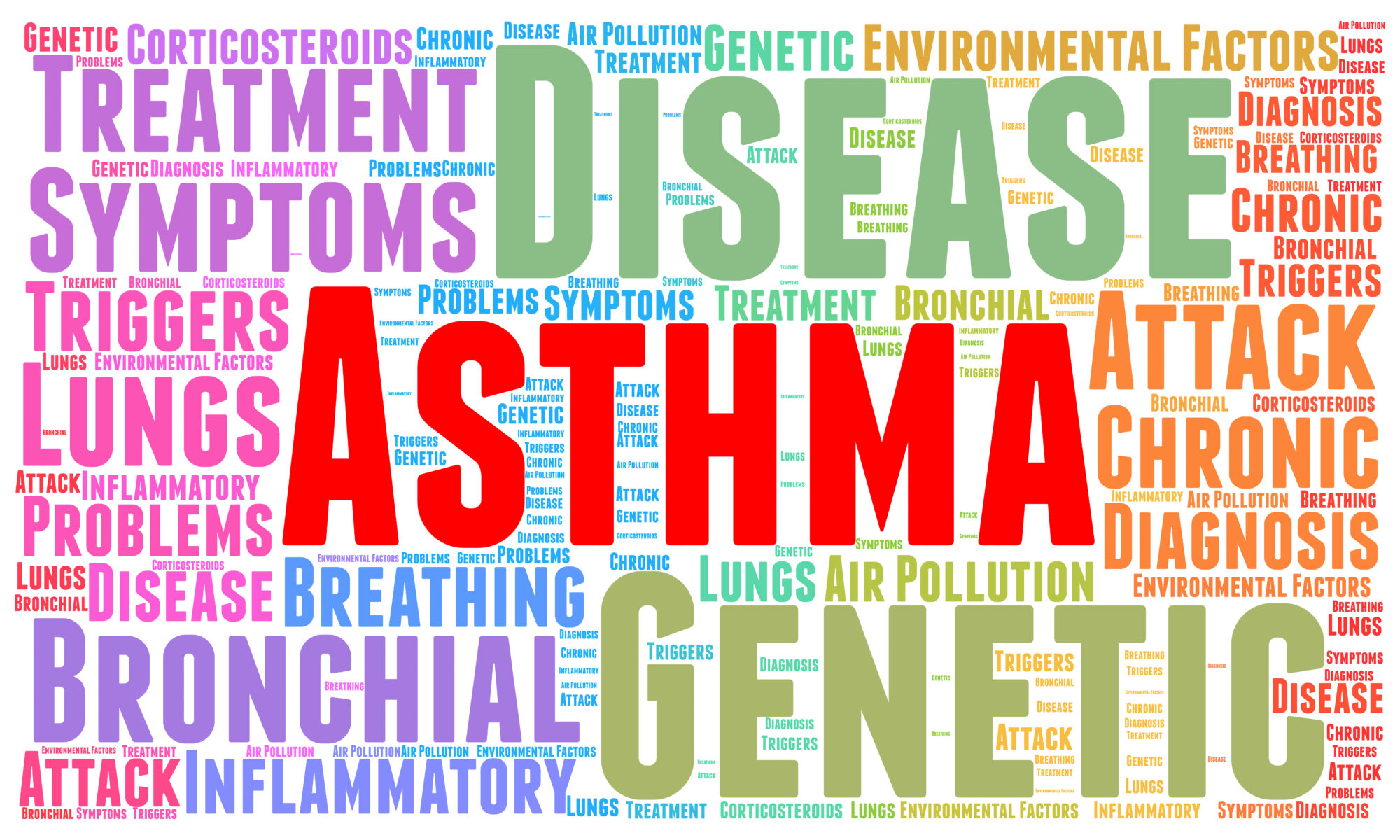Cystic fibrosis (CF) and pulmonary hypertension (PH) were once common categories for referral to lung transplant. However, advances in medical therapies have allowed many patients with these diseases to avoid transplant. Today, at most transplant centers throughout the world, lung transplants are being performed on increasingly older patients, primarily with interstitial lung disease (ILD) followed by chronic obstructive pulmonary disease (COPD). Unlike CF and PH, few treatments with the ability to extend survival currently exist for ILD, specifically idiopathic pulmonary fibrosis (IPF), and COPD. When these patients continue to decline despite maximized medical therapy, surgical options may be indicated.




